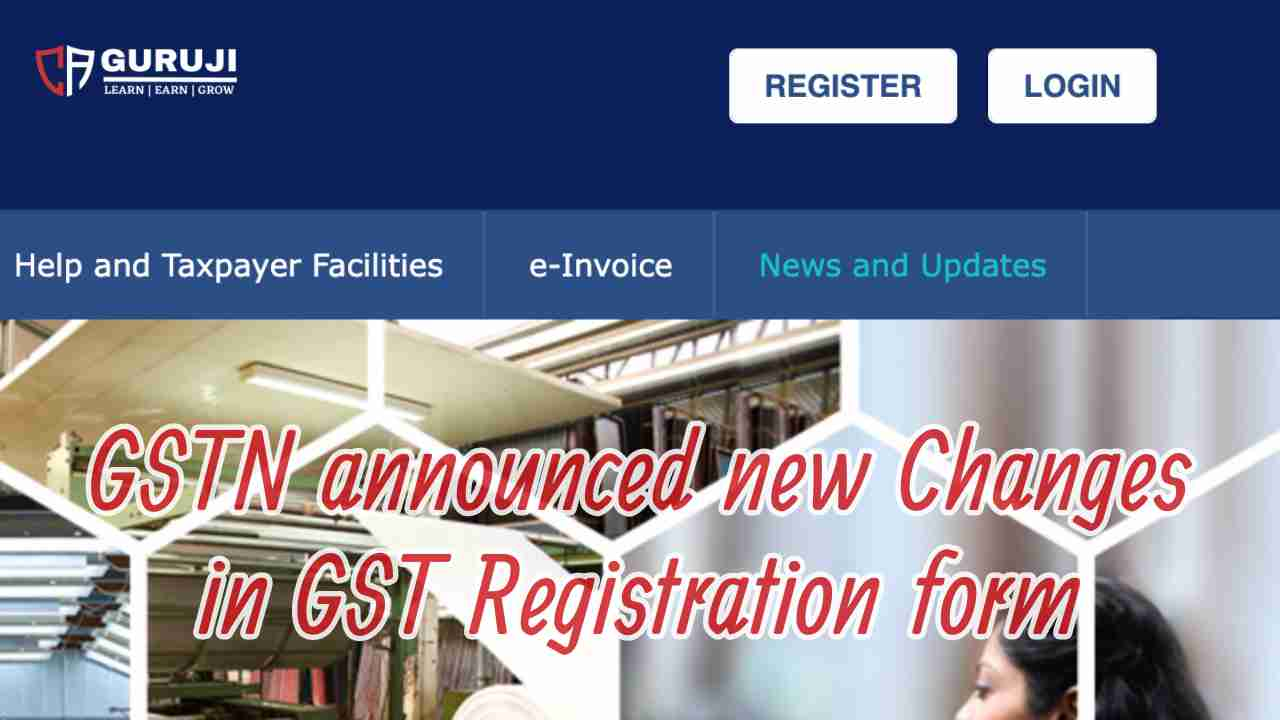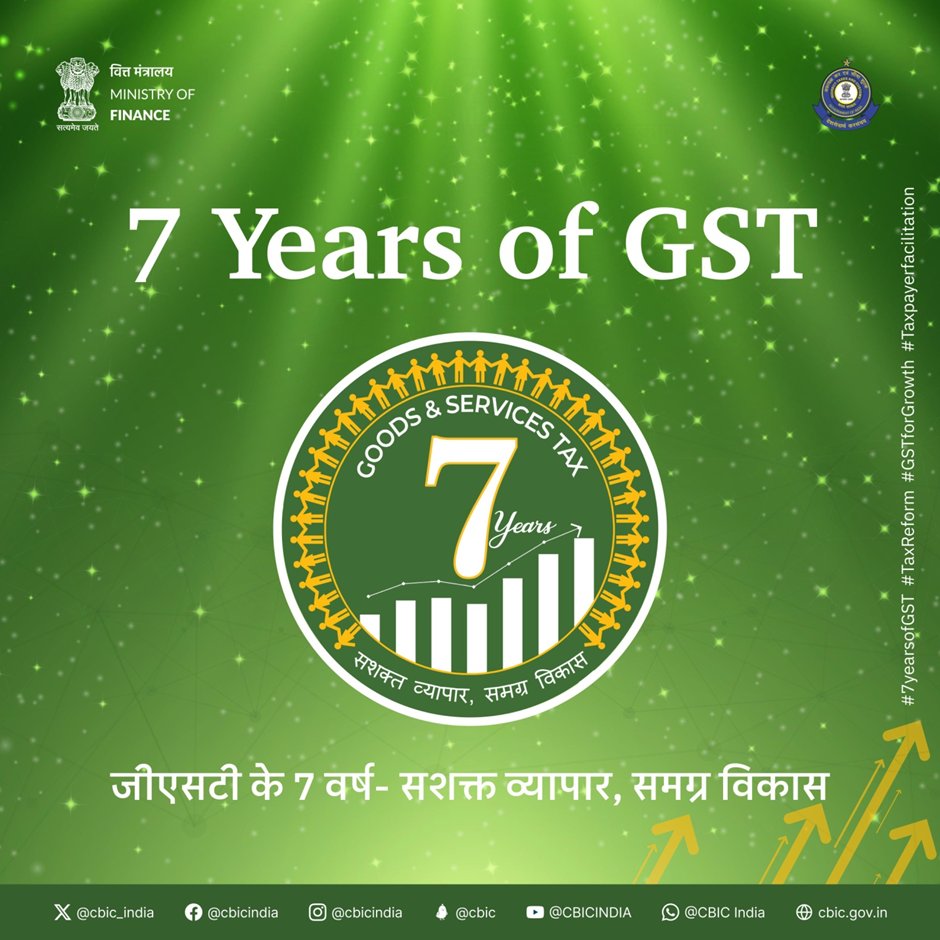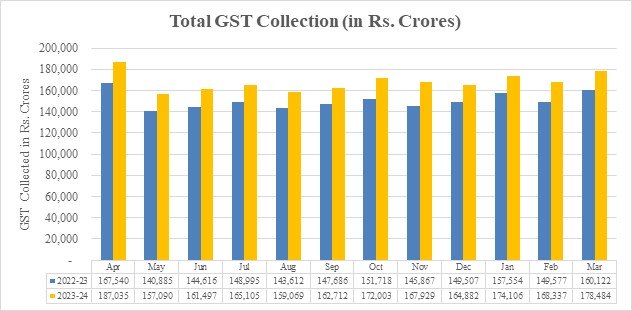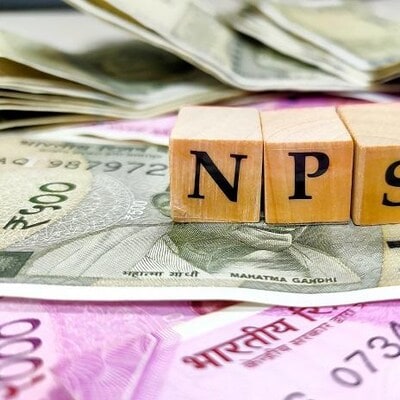The Income Tax department has discovered a number of cases where people have claimed a tax benefit (House Rent Allowance or HRA) that may not be legitimate. It appears that some taxpayers might have fabricated rent receipts from non-existent landlords to claim HRA.
Last month, The Income Tax Department said it has found mismatch between rent paid by salaried employees vis-a-vis rent received by the recipient for 2020-21 fiscal year and conducted data analysis for high-value cases.
HRA forms part of salary income, or CTC, and is calculated in taxable income. However, if an employee lives in a rented accommodation, he/she can claim income tax exemption for HRA received during the year by submitting valid rent receipts.
However, the tax exemption is not available in case taxpayers opt for the new tax regime, which doesn’t have exemptions.
HRA is a tax deduction that helps people who pay rent in India and many may be creating fake rent receipts to claim HRA without actually paying rent. The Income Tax department is likely contacting these people to investigate their claims.
If the department finds evidence of cheating, the people involved could face penalties or even legal action.
Several taxpayers have already been sent intimations through the ‘e-verification’ system on the department’s compliance portal.
Indian tax law mandates that tenants obtain and include their landlord’s PAN card details in their tax filing when the annual rent exceeds Rs 1 lakh. Some landlords might be reluctant to share their PAN due to privacy concerns or tax implications on their end. If a tenant uses a fake PAN (like someone else’s or a made-up number) to claim HRA, it can lead to problems for both the tenant and the person whose PAN was misused.
Steps taken by Income Tax Department:
Notice to Tenant: If a mismatch is found, the department first sends a notice to the tenant. This notice asks the tenant to clarify or provide additional information like:
Details about the rent payments: This might involve proof of rent payments like bank statements or rent receipts.
Landlord’s PAN details: This is mandatory if the annual rent exceeds Rs. 1 lakh.
Unsatisfactory Response or Suspected Fraud:
If the tenant’s explanation is not convincing, or the department suspects deliberate fraud (like fake rent receipts or a non-existent landlord), they might take further action.
What can you do if your PAN is misused?
Report to Income Tax Department: If a landlord suspects their PAN is being used for fake HRA claims, they should immediately report it to the Income Tax Department.
Gather evidence: Collect any relevant documents like lease agreements, rent receipts, or communication with the tenant to support their case.
File a police complaint: Consider filing a police complaint against the tenant who misused the PAN.
Cooperate with Investigation: Assist the Income Tax Department with any investigation by providing additional information or clarifications.
“A legitimate tenant is entitled to seek House Rent Allowance (HRA) from their employer in respect of rent paid by them. It is a permissible tax deduction available to assessee under IT law. However, in case a lessor discovers that some stranger, who is not their lessee, has claimed such a deduction using the lessor’s PAN, then the lessors must dissociate themselves from such person’s actions by immediately filing a grievance in the Income Tax portal to formally report the misuse of lessor’s PAN for any HRA claimed. A second step can be issuance of a cease and desist notice to the person falsely claiming to be lessee and filing fake HRA claim with a copy being sent to the office of employer of said person. In addition thereto, a complaint to police authorities/cyber crime cell is also recommended,” said Experts
Possible consequences:
Scrutiny from Tax Department: The landlord might be investigated by the Income Tax Department to verify the legitimacy of rent transactions.Landlords might need to provide evidence (like bank statements) to prove the rent was actually received. If the landlord is found to be involved in the fraudulent activity, they could face penalties or legal consequences.
” Landlords may not be held personally liable if their PAN has been misused for fake HRA claims, provided they can demonstrate that they were not involved in the fraudulent activity. However, they may still be subject to investigation and may need to cooperate with the authorities to resolve the issue,” said Experts
Example: Rahul, a landlord, discovers that his PAN has been used by a tenant to fraudulently claim HRA benefits. Rahul immediately contacts the Income Tax Department, providing copies of the lease agreement and communication with the tenant. The department investigates the matter and finds that Rahul was not involved in the fraudulent activity. However, the tenant faces penalties for misuse of HRA benefits, while Rahul’s PAN is cleared of any wrongdoing after the investigation.
Are landlords personally liable if their PAN has been misused by someone to claim HRA?
“According to Section 277 of the Income Tax Act, which addresses false statements and verification, if a person makes a statement in any verification which he either knows or believes to be false, or does not believe to be true, he shall be punishable under the Act. Accordingly, landlords are not personally liable if they can prove that the misuse occurred without their knowledge. This means the landlord must ensure non-involvement to avoid penalties or prosecution, ensuring they do not face unwarranted legal consequences due to another party’s fraudulent activities,” said Experts
What about NRI landlords?
NRI landlords face a unique challenge when renting out their property in India. Here’s the situation and what they can do if they suspect a fake HRA claim:
NRI landlords might use property agents to rent out their properties in India.
There’s a risk that the agent might rent the property to someone who then claims a fake HRA benefit using the NRI landlord’s PAN.
The agent might not inform the NRI landlord about this tenant to avoid any issues.
Why this is a problem:
The Income Tax department might investigate the mismatch between the rent received by the landlord and the HRA claimed by the tenant. The NRI landlord might be unaware of the fake claim and could be questioned by the department.
What NRI landlords can do:
Careful Selection of Property Agents: Choose reputable property agents who have a proven track record and understand the legal implications of renting to tenants who might misuse HRA benefits.
Clear rental agreements: Ensure the rental agreement clearly states the authorized tenant and the exact rent amount.
Collect PAN Details (if applicable): If the annual rent exceeds Rs. 1 lakh, obtain the PAN details of the tenant and include them in the rental agreement. This will make it harder for someone to misuse the HRA benefit.
Maintain Records: Keep copies of the rental agreement, rent receipts, and any communication with the property agent or tenant. These documents can be helpful if there’s an investigation
.
How to prevent misuse of PAN
The CBDT, a government body, has implemented a system called the Annual Information System (AIS).
How AIS Works:
The AIS tracks various financial transactions, including rent payments reported by tenants. When a tenant claims HRA using a landlord’s PAN, that information gets reflected in the landlord’s AIS. Imagine the AIS as a record of your financial activities. If someone uses your PAN to claim they paid you rent, that info will show up in your AIS. By regularly checking your AIS, you can catch fake claims early and report them to the authorities.
Landlord’s Role:
Landlords can periodically check their AIS to see if any rent income is listed that they are not aware of. If they find an unexpected rent entry, they can immediately alert the Income Tax department by disputing the transaction. This helps identify potential fake HRA claims.
Visit www.cagurujiclasses.com for practical courses











